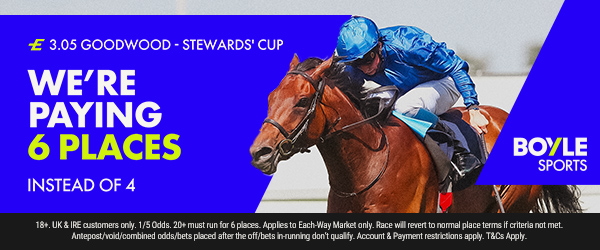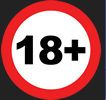| How to Strategically Approach the Grand National Thursday 5th April 2018 |
The Grand National is the most popular horse race in the world. It is also one of the oldest. First run in 1829, it has developed over the decades to become an integral part of the sporting calendar, and has captured the imagination and interest of racing and non-racing viewers.
Held at Aintree every April, it is the most popular betting event of the year in the UK, and every time it comes around, professional, amateur and casual punters like to try to pick the winner from the field of 40.
How can you increase your chances of Grand National success? For those who like to study the form and check out the odds at Stakers.com, here is a guide to the best Grand National winner-finding strategy.
Check your weights
Weight is not quite the factor it once was. Between 1983 and 2009, Hedgehunter was the only horse to win carrying a weight of more than 11 stone. Changes to the course and to the race conditions have lessened the influence of weight, but the Grand National is still a gruelling contest, and you have to go back to the legendary Red Rum 40 years ago to find the last horse that shouldered more than 11-5 to victory. Stick to those carrying 11-5 or less.
Know your fences
To build a successful winning strategy for the Grand National, you will have to do more than scan the race-card on the day. The first thing to look for when you’re digging into a horse’s form is proven ability over stiff fences. Any horse that hasn’t shown that it can cope with tough obstacles should be overlooked. A top-half finish at any of the races run over the National course, such as the National itself, the Becher Chase or the Topham Chase, or even at notoriously tricky courses such as Cheltenham, Sandown or Ascot is a good sign.
Field size
No other race on the calendar features as many horses as the Grand National, and not every horse can cope with being crowded. When looking for potential winners, put a line through those that have not finished in the top half in big-field races of 16 runners or more.
Check the trainer
Preparing a horse for the Grand National is a season-long undertaking. In fact, many National winners are aimed at the race years in advance. Focus on trainers who have proven that they can prepare a horse for the challenge, and be wary of horses under the charge of trainers who have never saddled a horse to finish in the top half of this race.
Beware Cheltenham!
There is no more demanding race on the calendar than the Grand National, and given the relatively short time between the Cheltenham and Aintree festivals, it is an almost impossible task to train a horse to peak for both meetings. If a horse has won its Cheltenham assignment, or has had a particularly hard race at Prestbury Park, it is unlikely to be at its best less than a month later and will usually be going off at too short a price in any case.
Finding the winner in the 40-runner cavalry charge that is the Grand National is a fiendishly difficult task, but by focusing on the strategy and advice laid out above, you can increase your chances of adding a little profit to your enjoyment of the big race.





